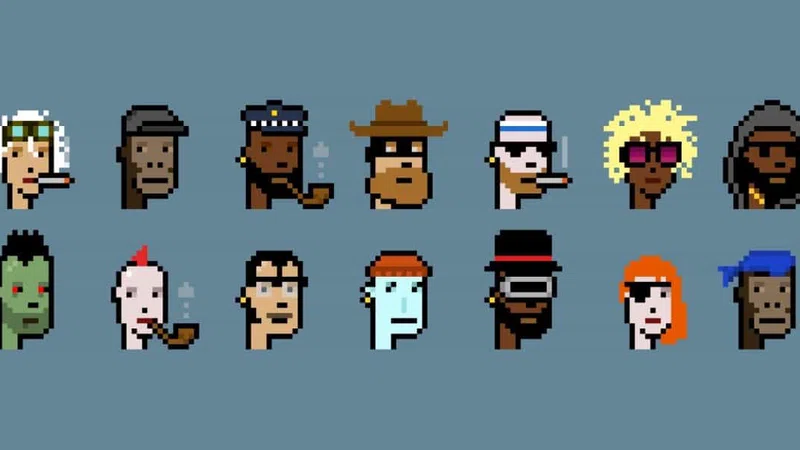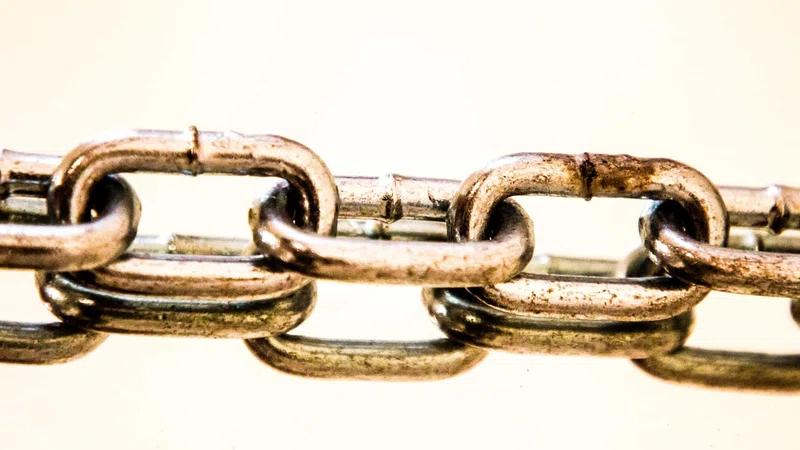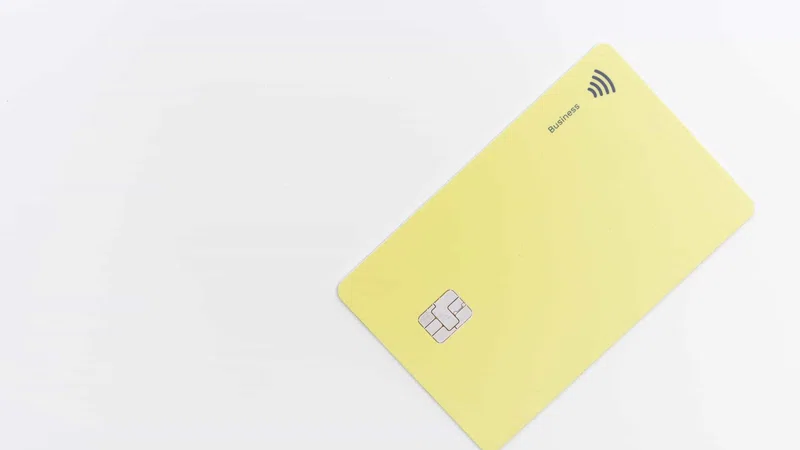London - In the UK, over the past 12 months, the share of Square businesses that are cashless has risen by more than 4x. This time last year only one in 10 UK businesses using Square were cashless, whereas now nearly 5 in 10 are cashless. This is according to Square’s Cash and the Pandemic 2.0 report which takes a look back over the last year at what’s changed, what’s new, and what could be here to stay when it comes to how small businesses in the UK manage payments.
UK businesses pivot to reach more customers online
The report found that when comparing February 2020 to February 2021, the share of businesses accepting online payments with Square has nearly doubled. Of all the businesses that are currently taking online payments with Square, 21% began doing so in March 2020 or later.
Whilst some doors opened briefly last summer, selling online still remained a priority for businesses over the last 12 months with the percentage of businesses using Square to sell online only dipping by only 2%. Over the same period certain industries shifted towards handling less cash with nearly two quarters of retail sellers and nearly half of food and beverage sellers going cashless.
Emma Beattie, who runs Mrs Macs Sweet Treats, a bespoke cake shop in Woburn Sands, Milton Keynes, is one small business owner who has made this shift to online: “Before the pandemic we’d never sold online before and within three minutes of offering deliveries we sold 300 boxes of our treats. Selling online means we can reach customers nationally, not just locally, and continue to stay open during the pandemic. Adopting digital payments has helped us double our turnover which we’re re-investing to get our treats to more customers.”
Consumer payment preferences
The pandemic has more generally accelerated a shift in consumer payment preferences. This is according to consumer research, commissioned by Square to supplement its report, which found nearly a fifth of consumers have also used an entirely new payment method when buying goods or services that they hadn’t used before, of which 33% pointed to contactless as this new payment method. What’s more, with the single payment contactless limit rising to £45 from £30 last year, contactless payments also became the preferred payment method for 44% of consumers (up from 32% prior to March 2020), with 58% using contactless payments over the last year more than they did prior to the Covid-19 pandemic.
Despite this shift in payment preferences, 53% of Brits would still like cash as a payment option to exist. That’s because when it comes to buying goods or services on a day-to-day basis, 65% of consumers feel they would be impacted by an entirely cashless society. Looking ahead for businesses looking to encourage repeat purchases will benefit from accepting multiple forms of payments.
“The pandemic has been an unprecedented challenge for small businesses across the UK. It has forced many to make dramatic changes to the way they operate, whether that’s pivoting to sell online or choosing card over cash to sell more safely,” said Felipe Chacon, Economist at Square. “With the UK’s roadmap for easing lockdown restrictions now underway, businesses nationwide will be looking to adapt once again. This will include a bit of a balancing act between looking at how they keep open new revenue streams discovered during the pandemic whilst also meeting potential customer expectations around a renewed interest in paying for goods or services with cash.
As every sale is going to count once things open up again, the key here will be to offer a broad range of payment options, so that customers are able to pay in a way that is convenient to them.”










